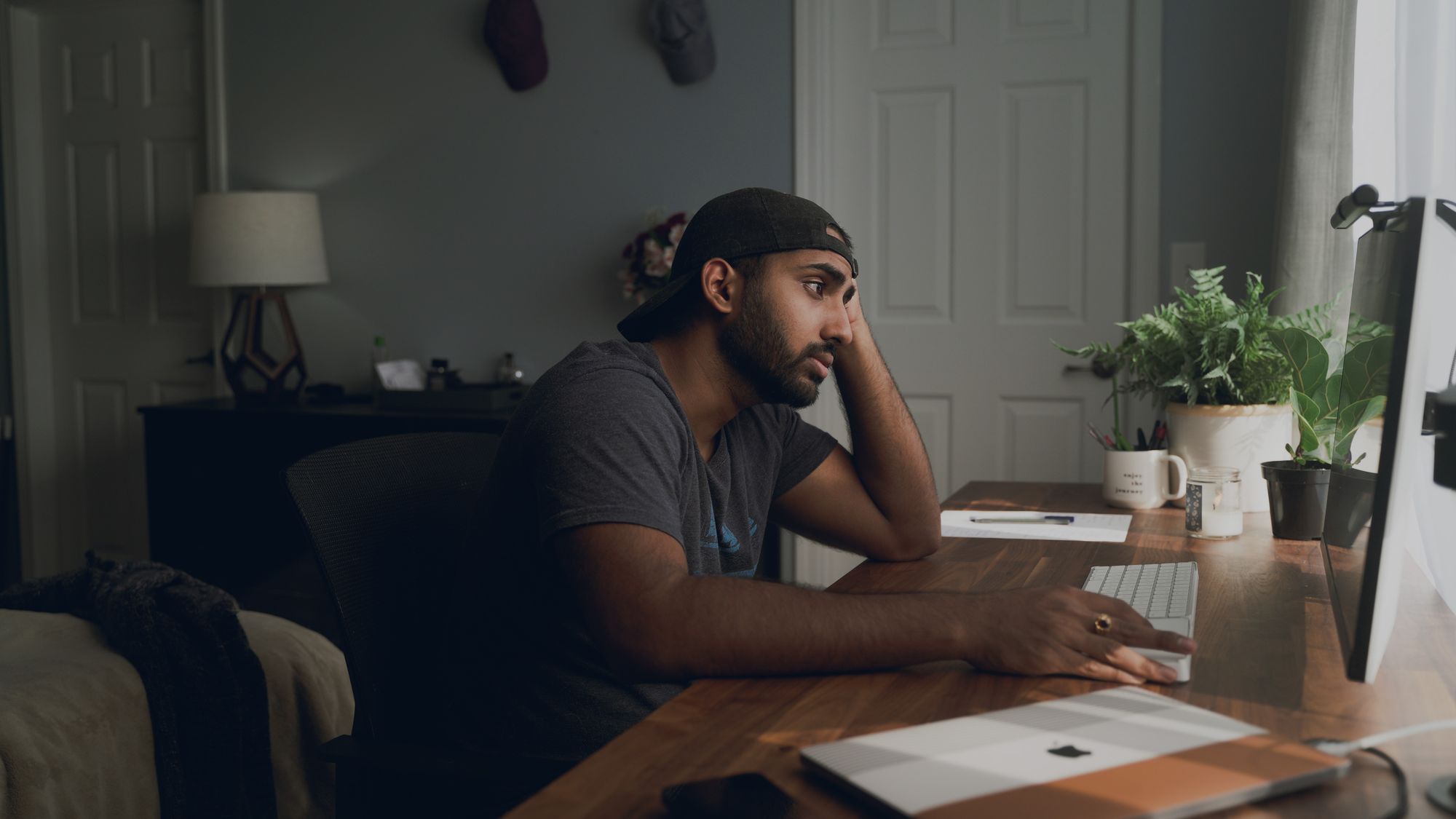Day 15 - Why I Gave Up On To-Do Lists + How I Study Now

In the past, I used to start every day with a to-do list. A simple list written on a post-it note on what I wanted to accomplish for the day. Here's an example:
To-Do List
☐ Anki Reviews
☐ UWorld Questions (20)
☐ GI Pathoma Videos
☐ Workout
☐ Dinner
It just seemed so simple. Complete this pretty short list of tasks, and you have successfully accomplished everything you had to do. Unfortunately in Medical School, it's not as easy as it sounds.
About 5 hours into studying, I would finally have finished my Anki reviews. The feeling of accomplishment was quickly tainted when I realized that it was now 3 PM. And, I have only finished one thing on my list of tasks.
What started off as a simple way to stay organized, turned into a daunting list of all the things I've failed to do. Despite having studied all day, I still felt like I haven't accomplished anything.
Let me tell you about how I've been trying to overcome this feeling, and why I think I've found the perfect method for Dedicated.
What I Do Now
Instead of having a list of tasks to check off, I simply have a net total time I want to focus for, and two priorities that I want to direct that focus towards.
My Total Time Focused: 6 hours
My Two Priorities:
1. Retain learned material
2. Learn new material
This might seems ridiculously simple, but let me explain. I start every day with Anki on the material I've learned already. I'll make another post on how I use Anki, and it's different from how many other people do it, but here's a jist if you're interested.
🏆 Anki As A Second Brain.
I use Anki as a consolidation of all the information I have learned. Whether it's from a class lecture, a Daddy Goljan podcast, or a random YouTube video. If I understood something new, or gained new information, I make a quick anki card about it.
I don't use Anki to memorize information exactly. I use spaced repitition to remind me of things I have already learned.
If I haven't seen the card in a while, and I can't jog my memory from the mini lesson I put on my card, then I'll relearn the concept. I'll update the Anki to better suit my understanding.
This way, my Anki has become my second brain. A place that I can keep all the knowledge I have gained. I assign the program the task of reminding me of the information at the correct intervals.
I use a Pomodoro timer set to 60 minutes focused, followed by a 10-minute break. For those 60 minutes, my only goal is to remain completely zoned in. This doesn't mean I only have to do the Anki, if I feel like I don't understand something, I will branch out to figure out why. I will update my Anki on what I learned and move on.

After I finish a session, I take a break to stretch, eat a snack and get back. Rinse and repeat, til I finish my reviews. It doesn't matter if it takes me 2 sessions or 6 sessions like it did today.
Once the first goal is accomplished, I focus on learning new material. This is largely me going over my old anki that has been archived. Those cards now add to my current rotation.
My new material learning is pretty flexible. I can do questions, I can review old tests, I can watch sketchy, it's pretty open-ended. But the requirement stands that I need to be focused on that task for 60 minutes.
Why It Works For Dedicated

There are three distinct reasons why I think this method is perfect for Dedicated.
1) The method requires lots of unrestricted time.
During pre-clinical dedicated, maneuvering around required meetings and mandatory classes is enough to toss a wrench into the machine.
Instead of having lots of time to understand, you're forced to adapt to the requirements you have by the school, or various organizations you're a part of. This is a massive obstacle to remaining focused for an extended period of time.
2) It allows you to expand on your curiosities outside of the current block.
For example, say you're on your Dermatology block and learned about Dermatitis Herpetiformis. Well, you could learn about how it's linked to Celiacs Disease but you don't really understand what that means until you learn about Celiacs during your GI block. For a lot of people, it didn't make sense to learn material that was not going to be tested when there was tested material remaining to be learned.
Now, you don't have just ignore that train of curiosity. You don't have to tell yourself that it's not going to be on the exam. You're free to explore and dig deeper into the concepts instead of accepting them as they are. This was key in allowing me to connect multiple diciplines together.
I can understand why for some people this may be daunting but for me, this is a huge win.
3) You have explicit time on, and time off
The Pomodoro timer is the key to this. Kind of like clocking and clocking out of work, you're able to clock in to study. Put in 5-6 great hours of focus, and "clock out". You're able to walk away knowing that you've had accomplished your task for today and come back tomorrow.
When I have hit my 6 hours, I know that I have had a productive day. Not pushing 'til I can't give any more has been incredible at helping me enjoy this time.
Final Thoughts

Dedicated isn't like a high school or undergrad exam where you can just know everything that's being tested. Where you can complete the learning, and just feel like you're done. There's nothing more to learn.
Because of this, I believe that the goal shouldn't be to check everything off a To-Do list of tasks. Because the list is endless. Instead, the goal should be to maximize what you can know. To diversify as much as possible and to build your knowledge up.
Let's be honest, a couple years from now, we're going to be practicing physicians. Whether or not we did amazing on this exam or even if we had to take it more than once. It won't matter. What will matter is if we're well-equipped to take care of your patients.
I know this was a lot longer than my usual posts, but against all odds, I'm starting to feel like Dedicated is turning into some of my favorite time in Medical School. And I just wanted to share my why with you all.
If you've stayed til the end and read this far, thank you. Good luck. ✌️





Comments ()